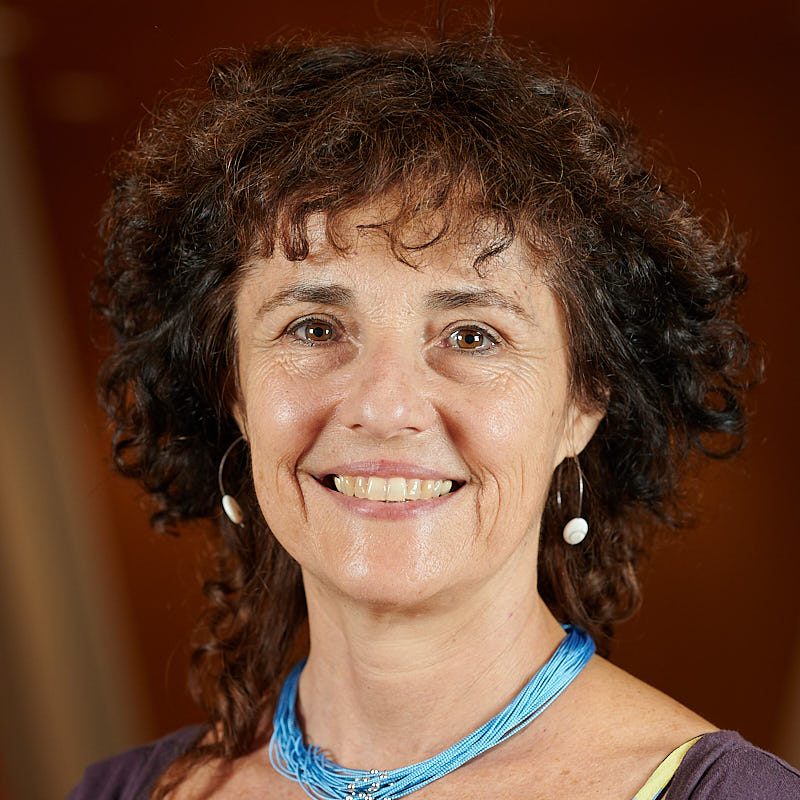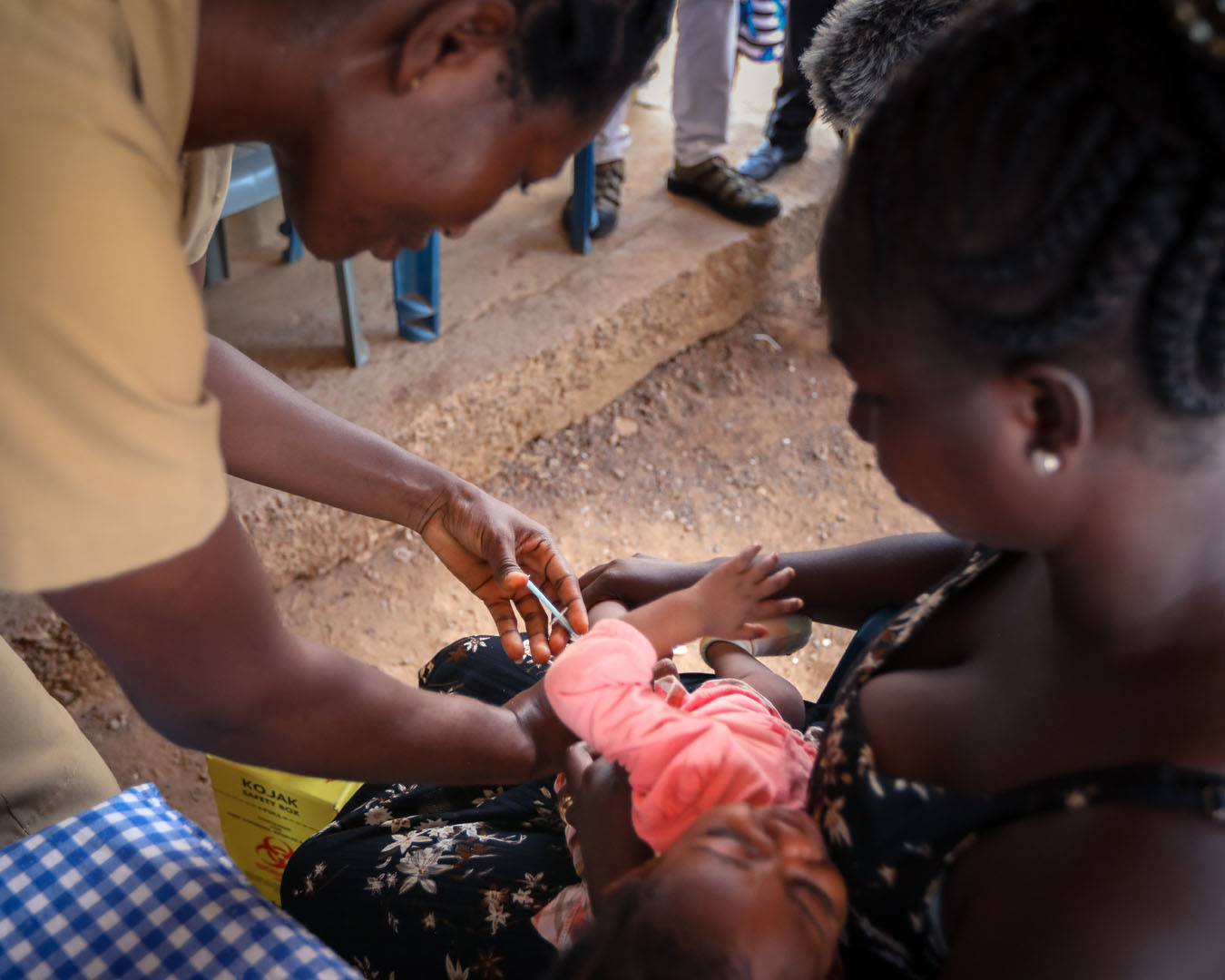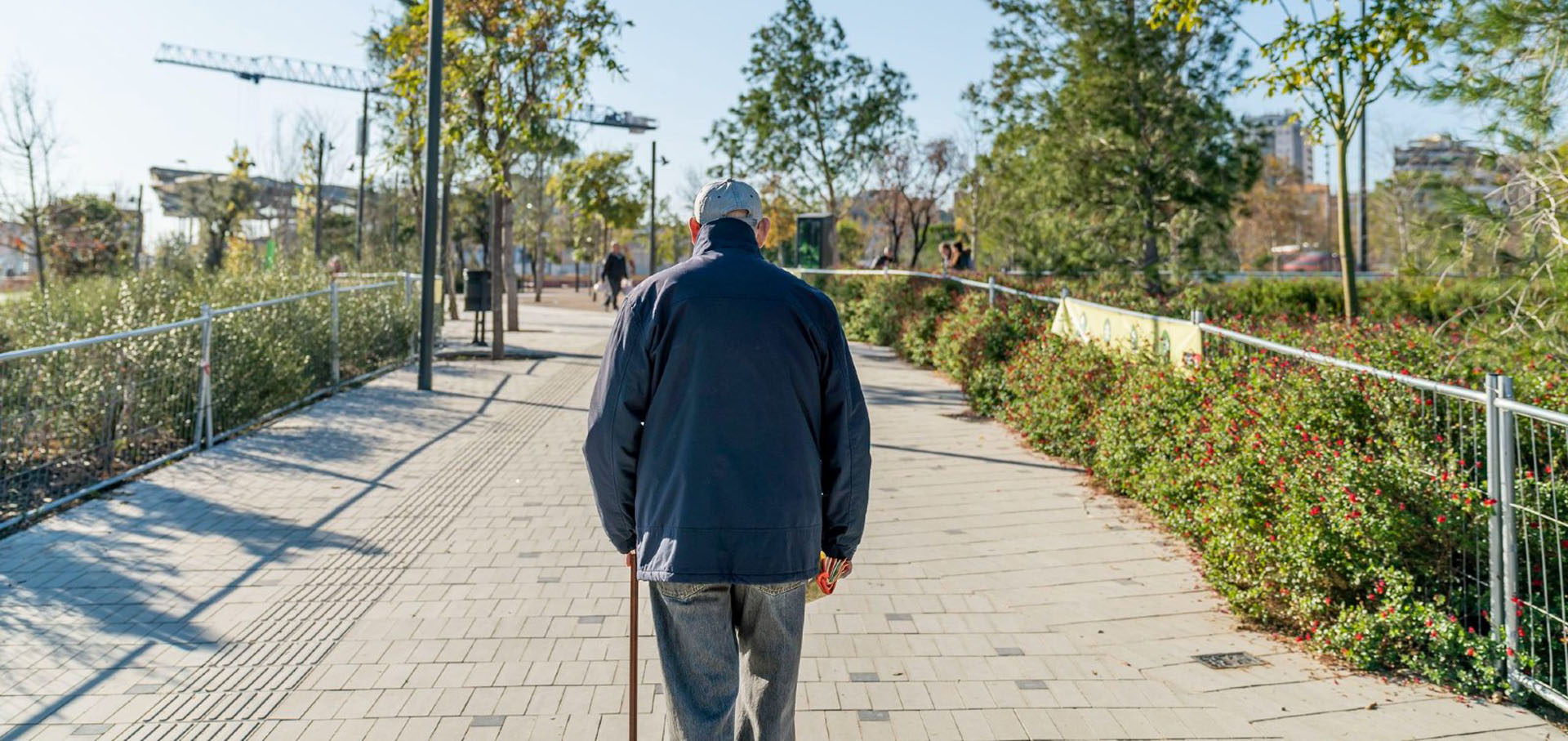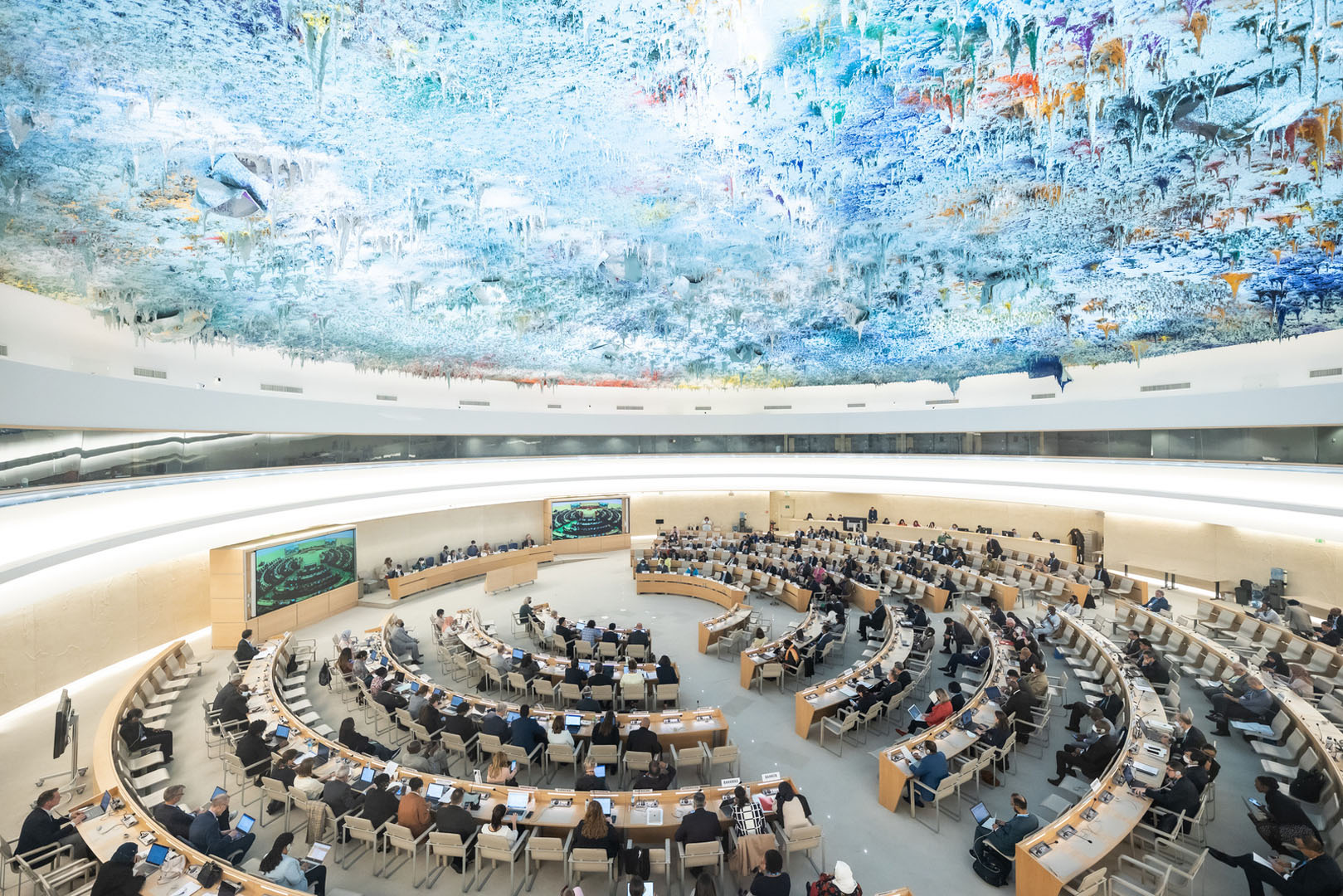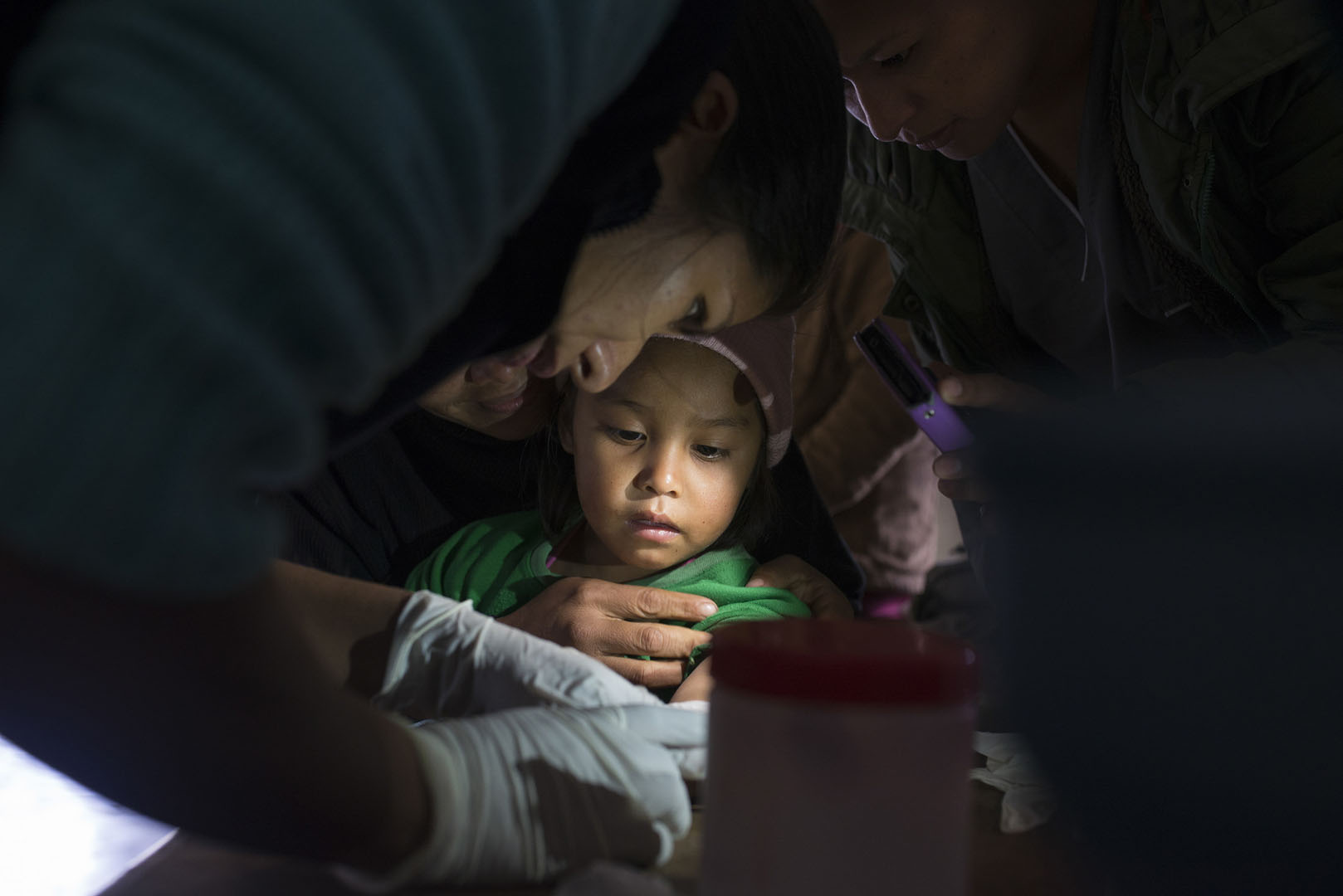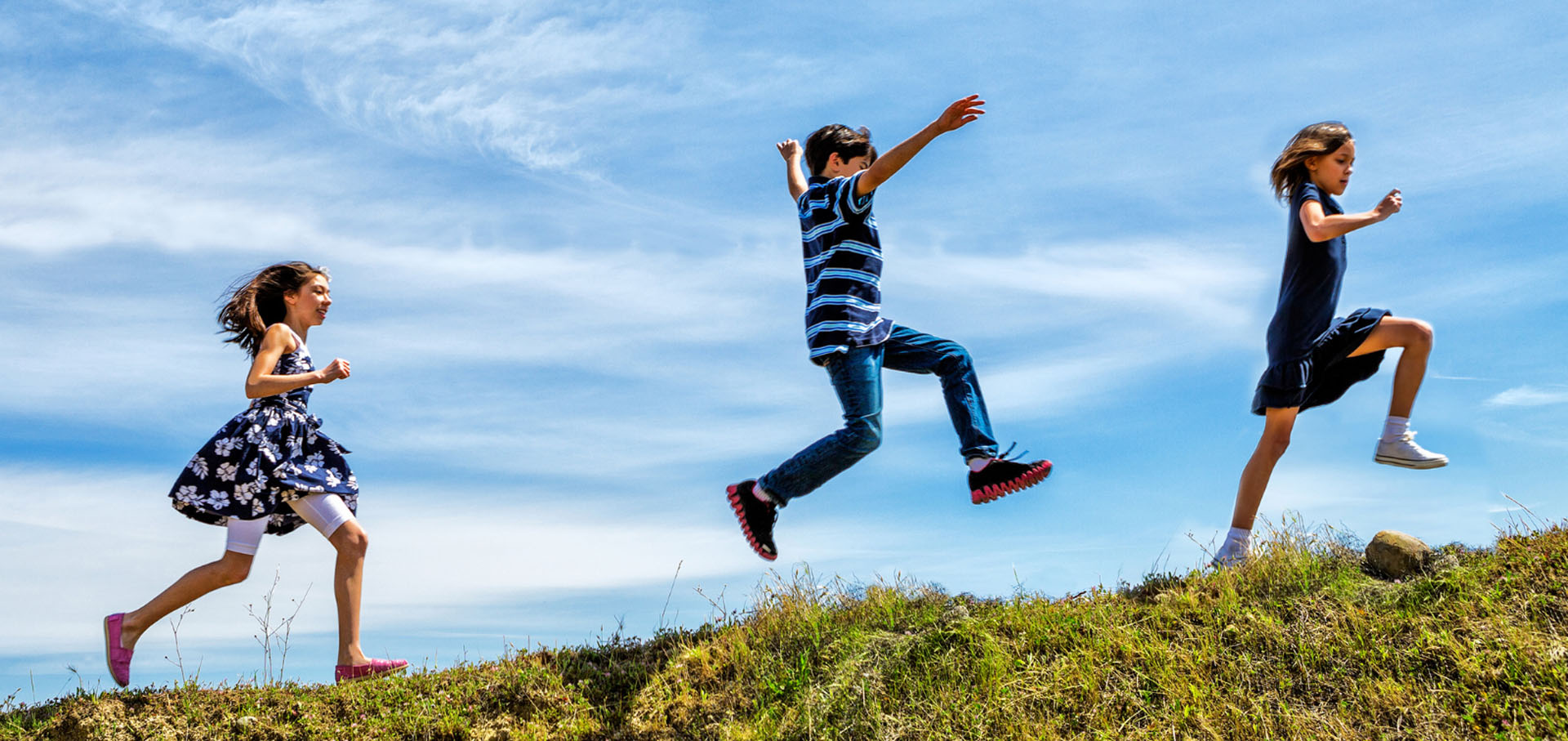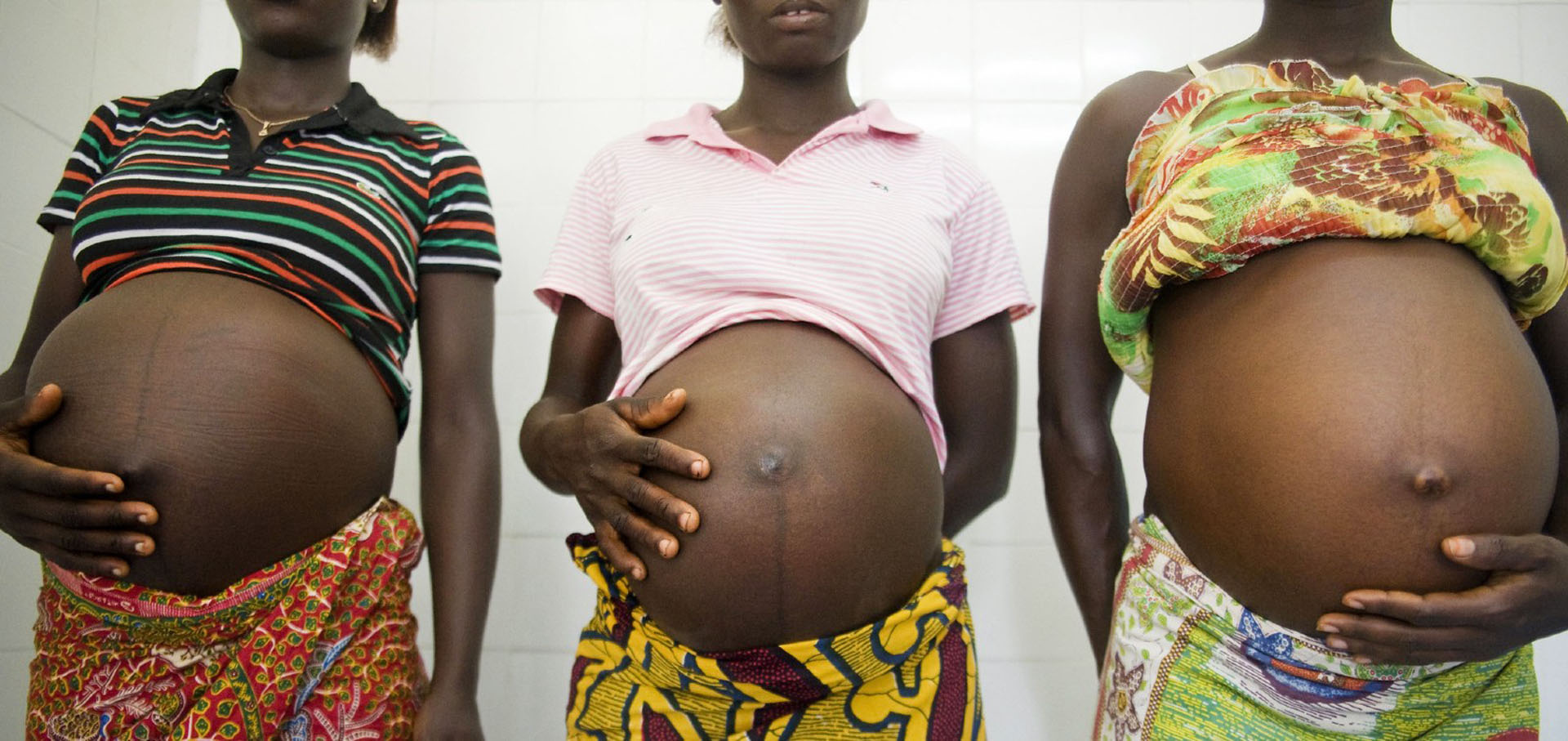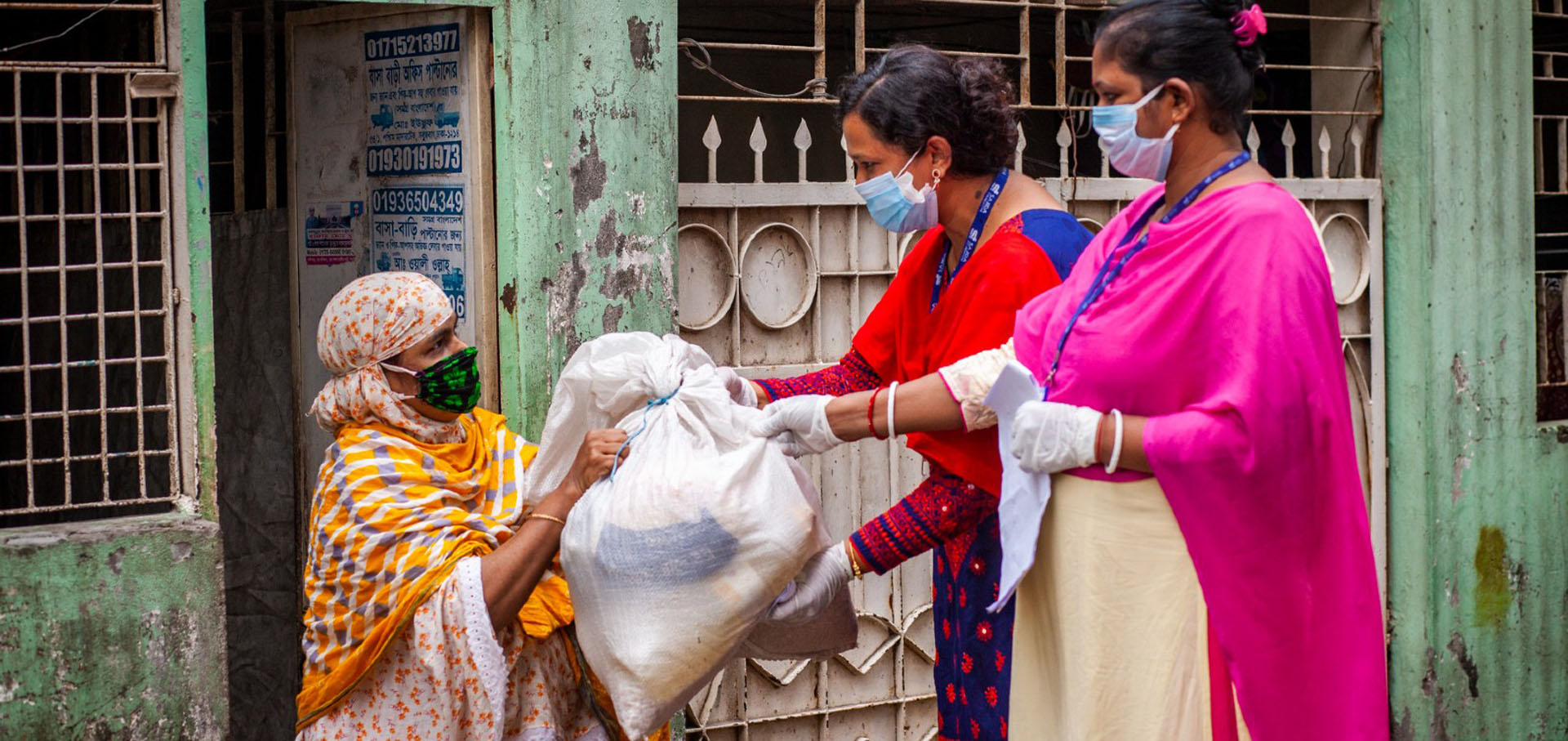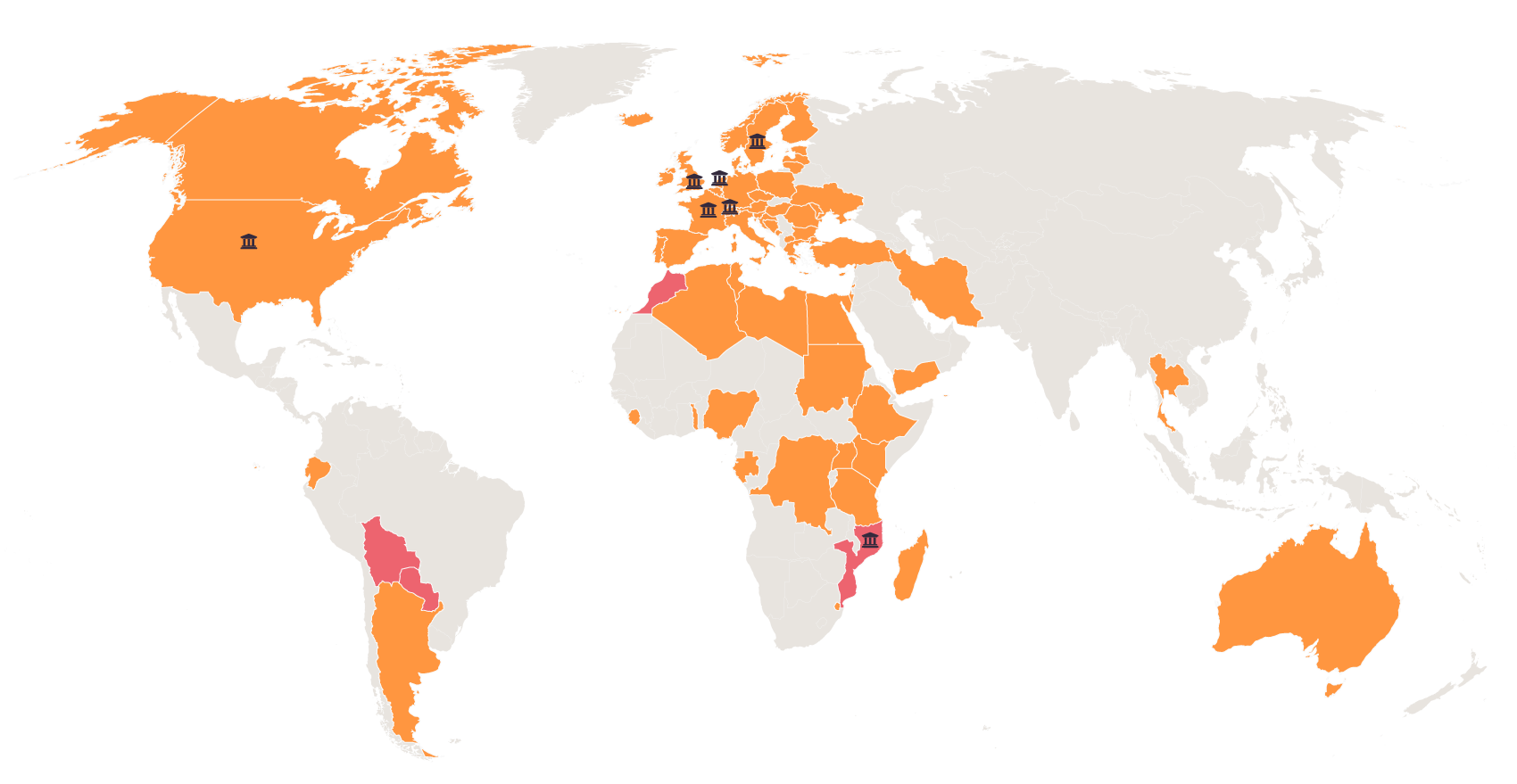Collaborative science and innovation for global challenges
In addition to our sustained contribution to COVID-19 research and response, our researchers continued working together to find solutions to existing and emerging health challenges. For example, through large multi-country collaborations, our researchers provided crucial evidence on barriers and innovative solutions for improved prenatal and neonatal health, particularly in malaria prevention and control. They also provided valuable insights into how multiple environmental exposures affect child and adult health, including the risk of neurodevelopmental disorders and heart disease. Creative solutions also came in the form of tools for clinical decision-making in vulnerable populations—for tuberculosis or infant meningitis in low-resource settings and for improved care of mobile populations in North Africa and Europe. Participatory approaches also provided valuable insights on how to address the health needs of vulnerable populations, including people at risk of Chagas disease.
Our teams have put science at the service of environmental health and climate action, using cutting-edge methods to better assess the impact of environmental exposures, particularly in cities. This year, for example, we consolidated evidence on the multiple health benefits of trees and green spaces, and we co-led the first Lancet Countdown report on health and climate change in Europe.
We celebrate the success of our ISGlobal faculty in securing ambitious projects through Horizon Europe, EDCTP3, BMGF and ERC, aimed at anticipating and tackling tomorrow’s health challenges, including climate change and infectious disease surveillance.
Preparing the next generation of global health leaders
Our online courses continued to expand, as did the geographical, professional and disciplinary diversity of our faculty and students. With training and education at the heart of our mission, we were pleased that the ISGlobal Spring and Summer Schools in Global Health, made possible by the Severo Ochoa Programme, attracted more than 1,100 students, 87% of them from low- and middle-income countries (LMICs). And thanks to our strong networks and collaborations, we continued strengthening research capacity in LMICs. Last but not least, 16 of the 86 predoctoral students enrolled at ISGlobal defended their PhD theses in 2022. Our warmest congratulations!
Ensuring the impact of research on society
ISGlobal was honoured to receive the Trifermed Award for Social Impact in Healthcare (Global Health category), while the “El Día Después” platform, co-founded by ISGlobal, received the United Nations go!ODS Award for its contribution to SDG 17 (building partnerships). Recognising that the world remains largely unprepared for the next pandemic, we ran a workshop with experts, practitioners and decision-makers as part of our efforts to develop an “all hazards” approach to prepare for and respond to future environmental and public health crises. We were also pleased to support the launch of the Spanish chapter of Women in Global Health as part of our mission to promote justice and gender equity in all areas of global health.
Our international partnerships and alliances have continued to grow, with projects and collaborations around the world and a growing trend in our scientific production with low- and middle-income countries, especially Mozambique.
Thank you
We would like to acknowledge the continued trust and support of the people and institutions of our governing and advisory bodies, as well as that of our partners, donors and collaborators. To our staff, a big thank you. Without you, the achievements reflected in this Annual Report would not have been possible.
In memory of Guillem Vich, who left us too soon.


